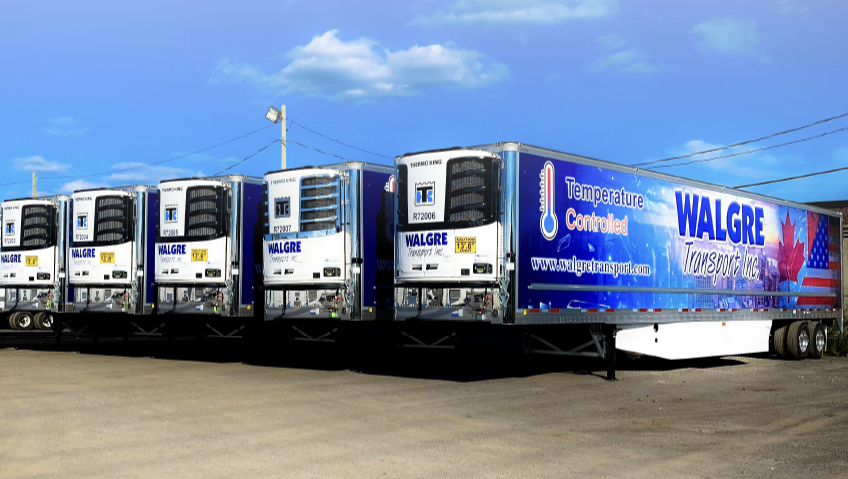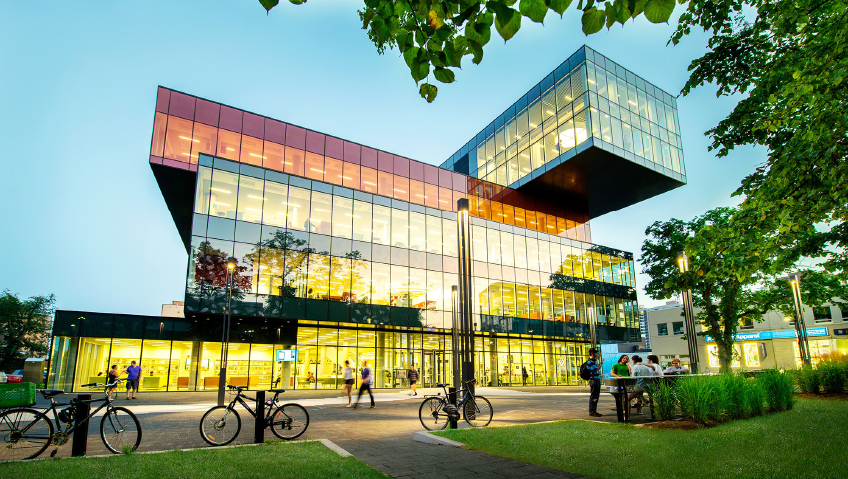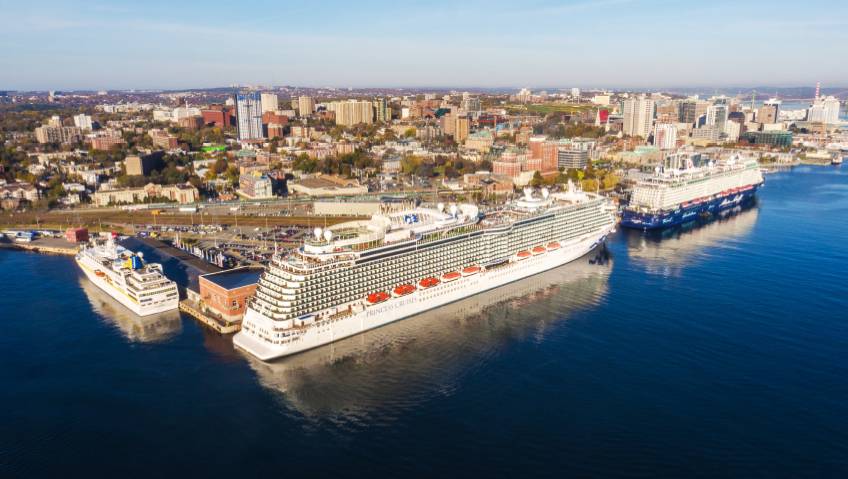Walgre Transport is an asset-based, full-truckload and less-than-truckload logistics service provider specializing in dry-van services, refrigerated services, hazardous materials services, and heated services. Launched in 2014 by two brothers, the Ontario-based family business has grown quickly to serve not only Canada but the United States as well. Today, the company boasts 210 trucks and multiple terminals throughout both countries.
A commitment to both safety and customer service has been the company’s success. Even during the pandemic, Walgre’s strategy was to expand and implement new technologies to stay ahead of their competitors. “The transportation industry is rapidly transforming, and the only way for motor carriers to keep up is to implement the newest technologies and services which are now trending in the industry,” says President Kanwal Grewal. Carrier bankruptcy is so common now that it seems to be a trend in itself, and the ones who are surviving this market are taking proactive measures.
One such action is expansion. Mr. Grewal knows that in order to really survive the conditions there needs to be a strong market of customers. Canada alone limits the market for a motor carrier, whereas expanding into the U.S. greatly opens up more opportunities and business. “Had we relied on Canadian freight only, we too might have been one of the many carriers who had gone belly-up in recent months,” says Mr. Grewal. “Some carriers stagnate; they take zero risk and hope for the best. We took calculated risks; we expanded and dove into new technologies and assets, and now we’re a leading competitor in a stringent industry.”
Walgre Transport just added another 100 new temperature-controlled trailers (reefers) to their fleet and has another 250 trailers and 100 tractors on order for Q1, which will expand their fleet to over 300 tractors. The company just opened their newest facility in Daleville, Indiana with a yard that can accommodate over 350 trailers and a repair shop with a dozen bay-doors for servicing their equipment. The company offers shop services to any other motor carrier too.
“Motor carriers have rigorously figured out that in order to stay competitive they need to take proactive strategies within the trucking industry by offering an array of services,” says Mr. Grewal. “Not only do motor carriers expand their services, but you’ll see that they’ll expand their business through mergers.” Walgre Transport, Walgre Logistics and Trans-Xtend are sister companies servicing both the U.S. and Canada.
But expansion isn’t enough. Getting the customers is just the first step in the process; keeping the customers is the next step. “One of the biggest challenges we face as a motor carrier is staying on top of safety and compliance with our operators; that’s where technology comes in,” says Mr. Grewal. It’s hard to imagine that poor safety scores mean poor business, but that’s exactly how it is in the trucking industry. CSA and CVOR scores are not only an interest to DOT and MTO, but customers too. We are actively engaging in new emerging technologies for fleet safety. These technologies include dashcam systems and other data-gathering technologies. Analytics are important aspect for any trucking company because it helps carriers optimize their performances and reducing costs by identifying safety and performance issues amongst their fleet.
Walgre Transport uses a variety of technologies for data gathering. The company’s main analytical technologies are dashcams, trailer cameras, driver performance and monitoring, and the IVG for HOS compliance and vehicle performance. Other asset tracking and monitoring technologies include trailer cams and GPS. “With SkyBitz trailer cam and tracking services we can monitor the inside of the trailer to get that information and help customers to maximize the amount of freight shipped to help our customers to reduce their freight spent. Real-time asset monitoring solutions is where the trucking industry has driven to. And the analytics it provides keeps them on the cutting edge of performance and safety,” says Mr. Grewal.
Technologies certainly have a role to play in managing both safety and costs, but expansion and offering an array of services are other key areas of focus. With the expansion of their new U.S. terminals, Walgre Transport can offer better coverage. Walgre offers both full-truckload and less-than-truckload services across the United States and Canada because they use their own assets to deliver personalized freight solutions specially tailored to fit a customer’s specific needs. The company’s temperature-controlled services deliver both refrigerated transit and heated transit trailer options—in both full-truckload and less-than-truckload—to accommodate virtually any shipping job. And, as always, live updates and visibility of every shipment are available at the click of a button.
Walgre Transport offers an extensive range of over-the-road dedicated services backed by a stellar record of on-time delivery. “Each arm of our operation can be utilized to offer domestic, cross border, city, dry, reefer, heated, and hazmat transportation to and from all points throughout Canada and the United States of America,” the company website explains. “Our team is standing by and ready to help create dedicated solutions customized to meet the seasonal peaks and valleys of your business.”
Walgre’s solutions are ideal for a large variety of industries including grocery, food and beverage, consumer products, healthcare, cosmetics, forestry, minerals and metals, electronics and appliances, building materials, horticulture, oil and poly products, and retail. In fact, the team can even handle hazmat shipping solutions for a variety of hazardous substances and chemicals. These jobs must be handled with the utmost care, but Walgre Transport is fully prepared for the challenge and employs trained, professional hazmat drivers who follow all the necessary protocols for these specialized situations.
The company managed to overcome the challenges of the pandemic without much difficulty but has had to deal with lingering supply issues. “The only challenge we have so far is just getting the equipment in whatever time they promised,” Mr. Grewal says.
The team would also like to branch off into an entirely new but closely related area to offer a more complete service. “The plan for the future is to get into the industry of warehousing as well,” Mr. Grewal says.
“We’re one of the leading transportation companies that followed the trends of these new emerging technologies for safety and logistics and expanded our cross-border presence to stay competitive in the transportation market. In fact, Mexico is on our radar also,” says Mr. Grewal. “What we’re seeing in the transportation industry now is a huge spike in freight shipments due to the rise of e-commerce, resulting in more manufacturing and shipments. In an industry with fuel-price uncertainties and delays with new tractor/trailer orders from the manufacturer, the only thing that can slow our growth at this point is not having the trucks or the efficiency in operating costs; otherwise the work is there, and so are we,” says Mr. Grewal.






